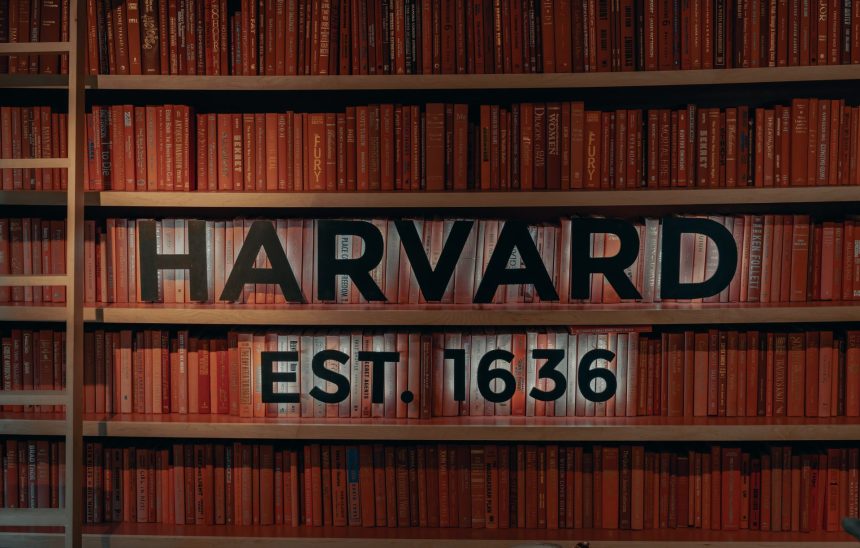Harvard University, one of the most prestigious educational institutions in the world, has recently faced a significant setback. Billionaire philanthropist Len Blavatnik, known for his generous support of Harvard, has suspended donations to the university. The decision comes in the wake of President Claudine Gay’s controversial testimony before Congress and concerns over the university’s handling of antisemitism on campus. This article delves into the implications of Blavatnik’s decision and the ongoing challenges Harvard faces.
A History of Generosity
Born in Ukraine and raised in Russia, Len Blavatnik has amassed a fortune estimated at $32 billion, according to Forbes. As a Harvard Business School graduate, he has been a long-time supporter of the university, donating at least $270 million through his family foundation. However, recent events have led him to halt his contributions until the issue of antisemitism on campus is adequately addressed.
Addressing Antisemitism at Harvard
Blavatnik, who is Jewish, has expressed concerns about the safety and well-being of Jewish students at Harvard. While he has not made specific demands, he wants the university to ensure that Jewish students receive the same level of protection as their peers. The suspension of his donations sends a clear message to Harvard: there is a need for change.
Backlash Against Harvard
Blavatnik’s decision to suspend donations is not an isolated incident. Following the October 7 Hamas attacks on Israel, Harvard and other universities faced a backlash from donors. More than 1,600 Harvard alumni pledged to withhold donations until stronger action was taken against antisemitism on campus. The situation escalated further when President Gay and other university presidents struggled to respond to questions about university rules and calls for the genocide of Jews during a congressional hearing.
Implications for Harvard
Blavatnik’s decision deals a significant blow to Harvard. In 2018, he pledged a record-setting $200 million donation to Harvard Medical School. The suspension of his contributions not only affects the university’s financial standing but also raises concerns about its reputation. Harvard now faces the challenge of addressing antisemitism and rebuilding trust with its donors.
A Call for Improvement, Not Abandonment
Contrary to other donors who have severed ties with Harvard, Blavatnik is leaving the door open to resume donations. His intention is not to abandon the university but to encourage it to do better. He wants Harvard to take proactive steps to ensure the safety and inclusivity of all its students, particularly Jewish students. This stance reflects his commitment to both the university and his philanthropic endeavors.
Harvard’s Response
At the time of writing, Harvard has not officially commented on Blavatnik’s decision. However, the university has been under increasing pressure to address the issue of antisemitism on campus. In addition, President Gay has faced criticism for plagiarism in her writings, which further intensifies the debate surrounding Harvard’s handling of various matters. It remains to be seen how the university will address these challenges.
Falling Applications and Faculty Support
The impact of recent events on Harvard is not limited to donor relationships. The university has also seen a decline in early applications, with figures showing a 17% drop to four-year lows. Moreover, President Gay’s plagiarism controversy has caused further concern among faculty members. However, during a recent virtual town hall with faculty, all the participating members were reportedly supportive and did not raise the issue of plagiarism.
See first source: CNN
Featured Image Credit: Photo by Clay Banks; Unsplash – Thank you!







